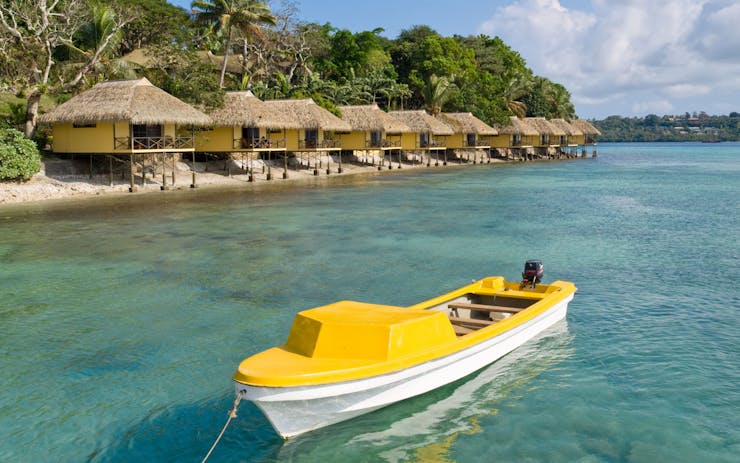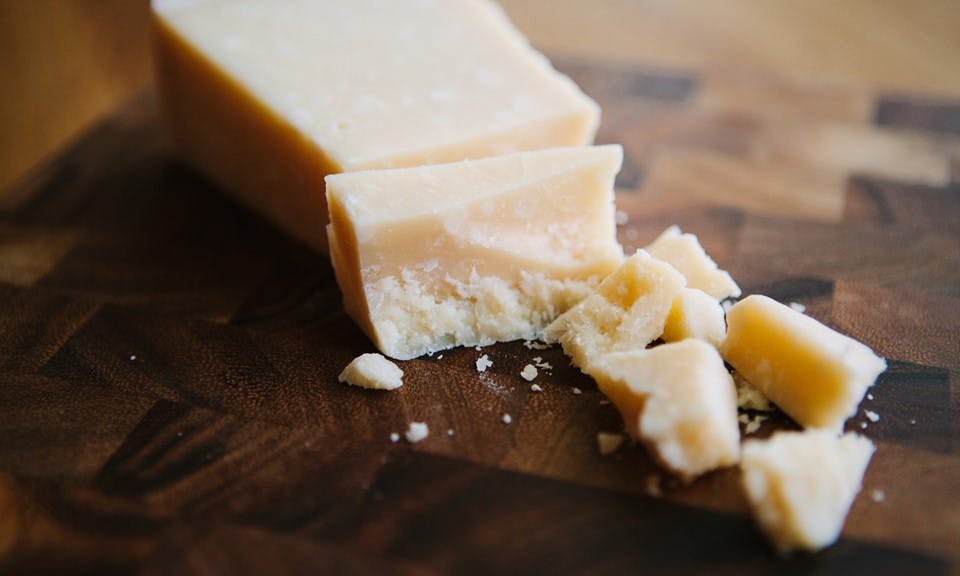It’s been a good few months for cannabis legalization in the Pacific.
Last month, news broke that the Commonwealth of the Northern Mariana Islands, a US territory not far from Guam, had legalized cannabis for adult use. Homegrow is expected to be permitted later this year, and rules surrounding legal sales have to be completed by early 2019.
Now another Pacific jurisdiction is making legalization moves. Reports surfaced this week that the government for the Republic of Vanuatu, an island nation off the east coast of Australia, has legalized medical cannabis.
Is MMJ Legal Near You? Find a Dispensary Today
It’s apparently taken a while for word of the move to get to the US. Javier Hesse, a staff writer at the financial website Benzinga who reported the news on Monday, quotes an official government document that suggests the legal change began more than a month ago:
“I confirm that the council of ministers on Sept. 20 passed a policy paper to change the laws of Vanuatu to permit the cultivation and use of cannabis for medicinal and research purposes in Vanuatu by licensed parties,” Vus Warorcet Nohe Ronald Warsal, the country’s acting deputy prime minister and minister for trade, tourism, commerce and Ni-Vanuatu business, said in a letter.
The related legislation is expected to be presented in the country’s parliament later this year, and licenses are expected to be granted before the end of December, according to the document.
According to the documents obtained by Benzinga, only five licenses will be granted to the cannabis industry. Denver-based Phoenix Life Sciences International said in an Oct. 10 press release that it had become the first to receive permission from the Vanuatu government “to establish operations in the country and manufacture botanical pharmaceutical products.”
“This is a major step for the company and our operations in Vanuatu,” CEO Martin Tindall said in the release. “With this application approval, we can begin to establish the necessary resources required to initiate clinical trials and develop scalable production capacity for our botanical pharmaceutical medications and begin leading the global health initiative to end the diabetes epidemic.”
Roughly 20% of the population of Vanuatu has diabetes, according to a 2012 survey cited last November by the country’s minister of health, Jerome Ludvaune. “We the citizens of this country have changed our lifestyle very quickly,” he said. “Therefore we are now in a situation where we will face a hard time in controlling this sickness.’’
World Health Organization (WHO) data from 2016 indicated that 13.1% of the Vanuatu population has diabetes, and the population largely lacks access to traditional treatments. Insulin, WHO says, is “not generally available.”
Research on cannabis and diabetes is ongoing, preliminary evidence suggests that cannabinoid receptors can play a role in things like insulin sensitivity, appetite, and pancreatic cell function. Anti-inflammatory properties of cannabis could also potentially relieve diabetic symptoms. And munchies jokes aside, a 2013 study found that cannabis consumers generally had smaller waists than non-consumers.






